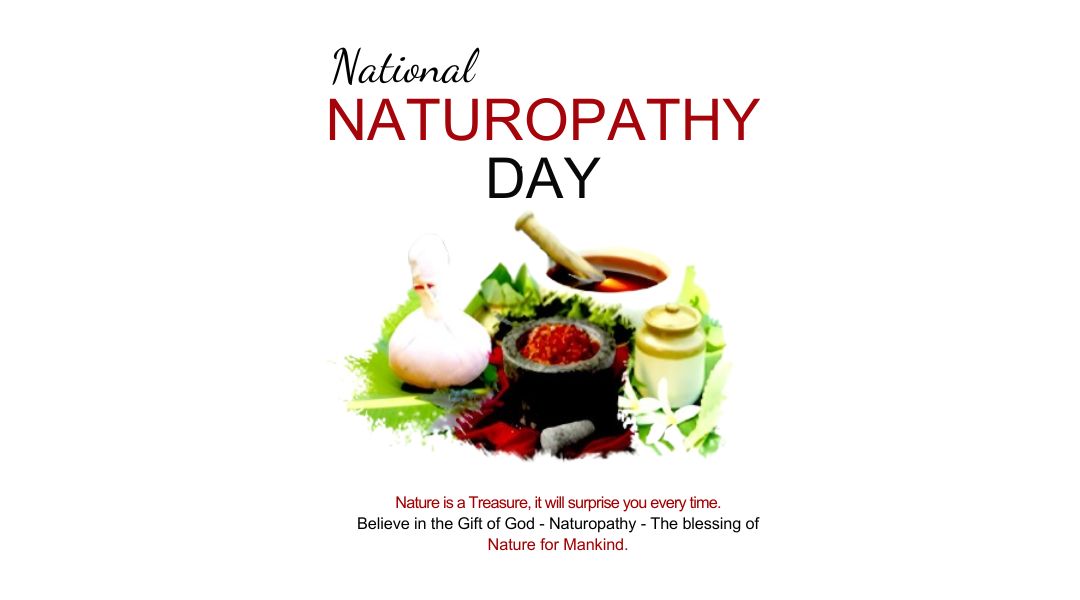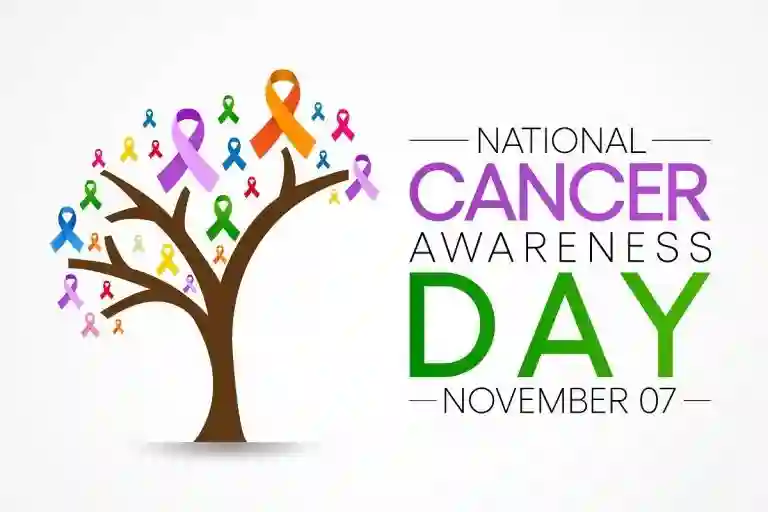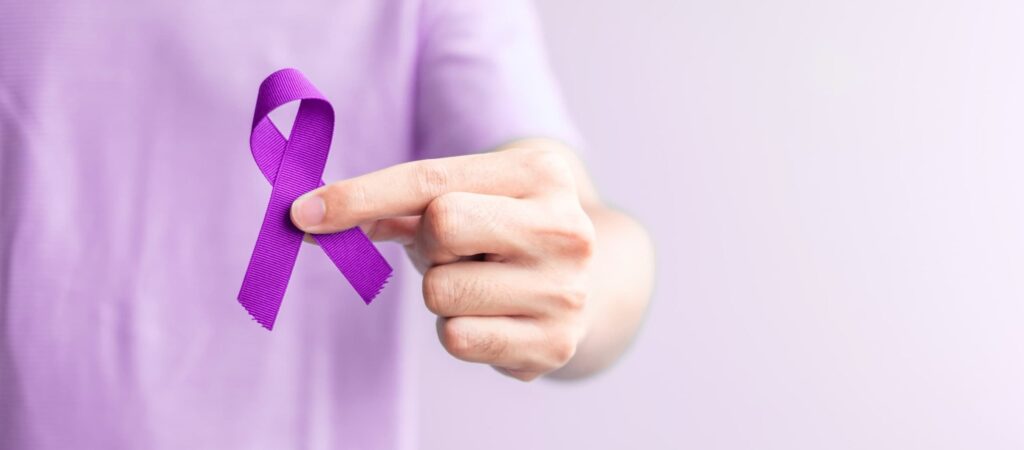
National Naturopathy Day: Importance, History & Benefits National Naturopathy Day is celebrated every year on 18th November in India to...

Every year on November 7th, India observes National Cancer Awareness Day to spread awareness about cancer, its prevention, and the importance of early detection. Cancer is a disease that has affected countless lives, not only causing physical and emotional suffering but also financial challenges. National Cancer Awareness Day was established with a mission: to educate people about cancer, encourage regular screenings, and foster a proactive approach to health.
National Cancer Awareness Day was first introduced by the Indian government in 2014. The day coincides with the birth anniversary of Nobel laureate Madame Curie, who is renowned for her groundbreaking work in radioactivity, which paved the way for cancer treatments like radiation therapy. Recognizing her contribution, this day serves as a reminder of how science and medicine can come together to fight this disease and highlights the importance of awareness and research.
Cancer has been a growing health concern in India. The World Health Organization (WHO) estimates that India accounts for one-fifth of cancer cases worldwide. Common types include breast, lung, cervical, and oral cancers. Despite advancements in medical technology and treatments, many people are still unaware of the risks, symptoms, and preventive measures for cancer. Early detection is crucial to effective treatment, yet late diagnoses remain common, making awareness campaigns essential.

National Cancer Awareness Day focuses on a few key objectives:
You can contribute to National Cancer Awareness Day in several ways, even if you are not a healthcare professional. Here are some ideas:
The importance of early detection cannot be stressed enough. Many cancers, if detected early, can be effectively treated and even cured. Regular check-ups, mammograms, pap smears, and self-exams are crucial for catching cancer at an early stage when treatment is more effective and less invasive.
National Cancer Awareness Day serves as a powerful reminder of the importance of knowledge. Educating ourselves and others is one of the strongest tools we have to combat cancer. By staying informed and encouraging proactive health practices, we can collectively reduce the impact of cancer on our society.

National Naturopathy Day: Importance, History & Benefits National Naturopathy Day is celebrated every year on 18th November in India to...

World Diabetes Day: Understanding Diabetes and Spreading Awareness Team Kedarq November 14, 2025 World Diabetes Day is celebrated every year...

BBA in Healthcare Management – Online Study Mode Team Kedarq October 30, 2025 In today’s fast-evolving healthcare industry, there is...

School of Healthcare offers practical healthcare education to develop skilled paramedics. Our focus is on hands-on training and career-oriented learning.